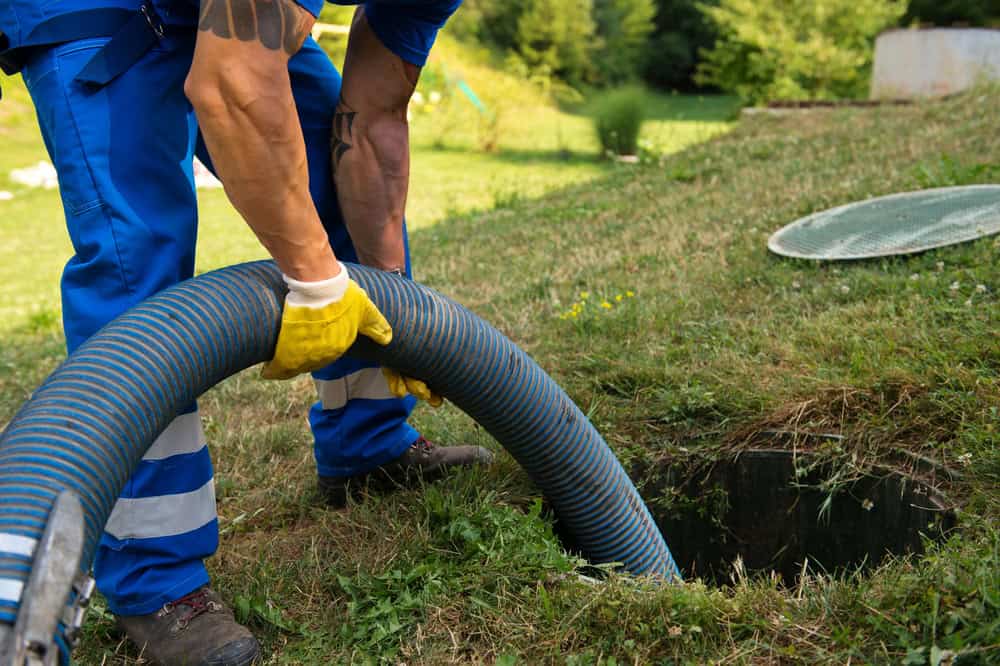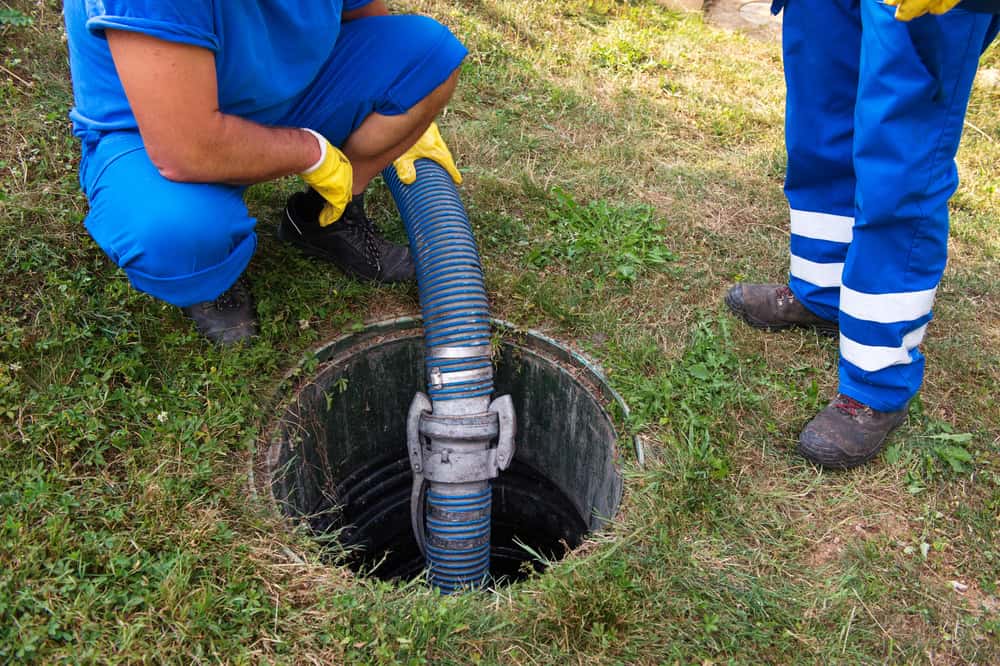
Proper maintenance of your septic tank is essential to keep your home’s plumbing system running smoothly and to protect the environment. Regular septic tank pumping is one of the most crucial aspects of this maintenance. But how often should you pump your septic tank? The answer depends on various factors such as the size of your tank, the number of people living in your household, and the amount of wastewater generated. In this blog, we at Quality Cesspool, a trusted name in the septic services industry, will provide a comprehensive guide on septic tank pumping frequency.
Septic tanks are designed to collect and treat wastewater from your home before it is safely released into the environment. Over time, solid waste accumulates at the bottom of the tank as sludge, while lighter materials like oil and grease float to the top, forming a layer of scum. The remaining liquid, known as effluent, is then discharged into the drain field for further treatment.
If your septic tank isn’t pumped regularly, sludge and scum levels will rise, reducing the tank’s capacity and causing the system to become inefficient. Eventually, this can lead to unpleasant odors, slow drains, sewage backup, or even the contamination of nearby groundwater sources. Regular pumping ensures that your septic system functions effectively and prevents costly repairs.
As a general rule of thumb, a family of four with a 1,000-gallon septic tank should have it pumped every 3 to 5 years. If your household is smaller or larger, you can adjust the frequency accordingly. For example, a two-person household might only need to pump their tank every 5 to 7 years, while a larger household of six people may require pumping every 2 to 3 years.
It’s important to note that these recommendations are not set in stone, as every septic system is unique. The best way to determine the optimal pumping frequency for your septic tank is to consult with a professional septic service provider like Quality Cesspool. Our team of experts can inspect your septic system and provide tailored advice based on your specific needs and circumstances.

If you notice any of the following signs, it’s time to call Quality Cesspool for a septic tank pumping:
Regular septic tank pumping is essential for maintaining the efficiency and longevity of your septic system. While general guidelines suggest that a typical family of four with a 1,000-gallon tank should have it pumped every 3 to 5 years, individual circumstances may vary. It’s crucial to monitor your system closely and be aware of signs that indicate it’s time for a pumping. By partnering with a professional septic service provider like Quality Cesspool, you can ensure that your septic tank is well-maintained, safeguarding your home’s plumbing and the environment. Remember, proactive maintenance is always more cost-effective than dealing with the consequences of neglecting your septic system.
Don’t let cesspool issues disrupt your day. Reach out now for a free estimate and expert service.
©2025 Quality Cesspool All Rights Reserved. SEO Company NYC – Web Design & SEO by Hozio